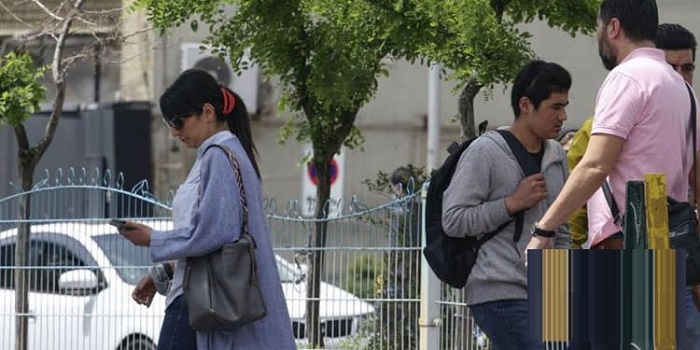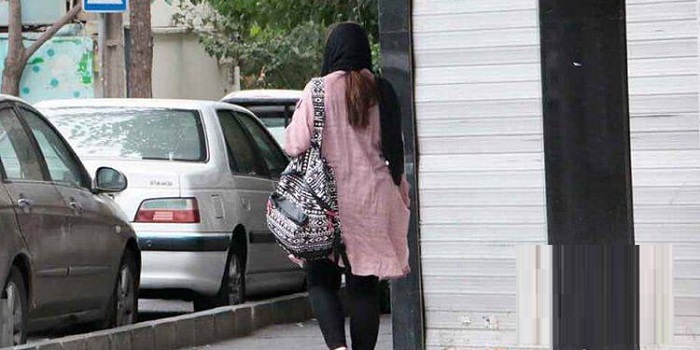
According to an announcement by Moussa Ghazanfar Abadi, chair of the Legal Commission, on August 20, 2023 as reported by the state-run Etemadonline.ir.
Entitled “Supporting the Family through Promotion of the Culture of Chastity and Hijab,” this 70-article bill is now poised for open floor discussion. Parliamentarians will deliberate on the duration of the trial period once the bill is enforced.
Astoundingly, the Legal Commission expedited its deliberations, approving the initial 39 articles in just two days and concluding its review of all 70 articles within a week. With such rapid progression, questions arise about the exact content of the bill and the amendments incorporated. Among the changes under consideration is a contentious amendment to Article 1.

This would restrict men from accessing women-centric areas such as clubs, stadiums, hairdressers, metro wagons, parks, and other public transportation, and the reverse holds true for women. A notable implication of this change is the potential barring of women from sports stadiums hosting male teams, aligning with the directives of the new Hijab Bill.
Another debatable proposition seeks to mandate women and girls, including teachers and students, to don the all-encompassing black Chador at universities and high schools. The bill also proposes restrictions on female educators, including bans on artificial nails and eyelashes.
Furthermore, rumors suggest possible provisions enabling seminary students to integrate into educational entities. There are also talks of granting permits to Basij members, allowing them to carry tools like shockers and sprays to address violations of Hijab norms. The exact nuances of the bill, as ratified by the Legal Commission, are yet to be divulged. In a notable move on August 13, the parliament opted to assign the review of the Hijab and Chastity bill to the Legal Commission.

This decision was based on Article 85 of the Constitution, sidestepping a direct open-floor debate. The rationale was that open debates could lead to extensive delays, given the staggering 1600+ amendments suggested by 59 members. It was deemed that such a delay might equate to an implicit rejection of the bill.
Laws approved under the aegis of Article 85 are rolled out on a provisional basis. The length of this trial and its ultimate approval lies at the discretion of the parliament.

MEK Iran (follow us on Twitter and Facebook), Maryam Rajavi’s on her site, Twitter & Facebook, NCRI (Twitter & Facebook), and People’s Mojahedin Organization of Iran – MEK IRAN – YouTu







